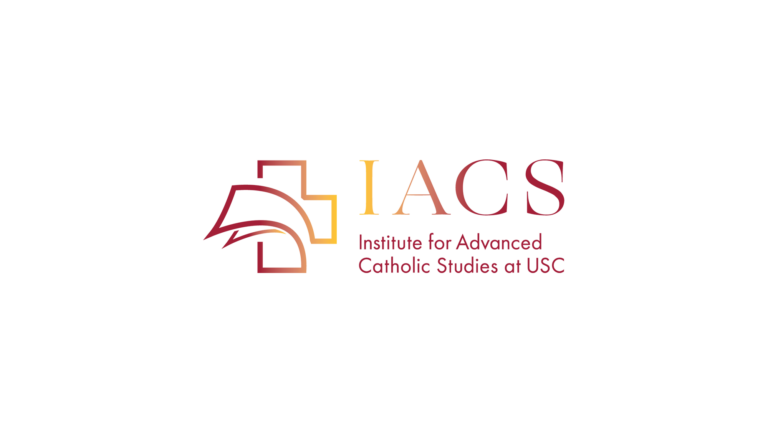
Labor Rights and Catholicism
Labor unions — and their political power — often generate fierce opinions in our politically-charged society. But Catholic teaching holds that well-run unions are a key expression of human dignity and a vital way to assure that workers participate in a thriving economy.
Here’s an example of why: A young woman is sexually harassed at work, reports it through appropriate channels, remains under harasser’s authority for months, and eventually gets fired.
The key source for understanding Catholic teaching on the priority of labor is St. Pope John Paul II’s encyclical Laborem exercens: On the Priority of Labor:
“Human work is a key, probably the essential key, to the whole social question, if we try to see that question really from the point of view of [humanity’s] good. And if the solution — or rather the gradual solution — of the social question, which keeps coming up and becomes ever more complex, must be sought in the direction of ‘making life more human’, then the key, namely human work, acquires fundamental and decisive importance.” (#3)
“The activity of union organizations opens up many possibilities in this respect, including their efforts to instruct and educate the workers and to foster their self-education. It is always to be hoped that, thanks to the work of their unions, workers will not only have more, but above all be more: in other words, that they will realize their humanity more fully in every respect.” (#20)
“In this consists [union’s] social power: the power to build a community. In the final analysis, both those who work and those who manage the means of production or who own them must in some way be united in this community. In the light of this fundamental structure of all work — in the light of the fact that, in the final analysis, labor and capital are indispensable components of the process of production in any social system — it is clear that, even if it is because of their work needs that people unite to secure their rights, their union remains a constructive factor of social order and solidarity, and it is impossible to ignore it.”
In his encyclical letter Fratelli Tutti: On Fraternity and Social Friendship, Pope Francis elaborates further to encompass previously unorganized workers. Francis draws quotations from his meetings with grassroots movements around the world:
“In some closed and monochrome economic approaches…there seems to be no place for popular movements that unite the unemployed, temporary and informal workers and many others who do not easily find a place in existing structures. Yet those movements manage various forms of popular economy and of community production. What is needed is a model of social, political and economic participation ‘that can include popular movements and invigorate local, national and international governing structures with that torrent of moral energy that springs from including the excluded in the building of a common destiny,’ while also ensuring that ‘these experiences of solidarity which grow up from below, from the subsoil of the planet — can come together, be more coordinated, keep on meeting one another.’ This, however, must happen in a way that will not betray their distinctive way of acting as ‘sowers of change, promoters of a process involving millions of actions, great and small, creatively intertwined like words in a poem.’ In that sense, such movements are ‘social poets’ that, in their own way, work, propose, promote and liberate. They help make possible an integral human…They may be troublesome, and certain ‘theorists’ may find it hard to classify them, yet we must find the courage to acknowledge that, without them, ‘democracy atrophies, turns into a mere word, a formality; it loses its representative character and becomes disembodied, since it leaves out the people in their daily struggle for dignity, in the building of their future.” [#169]
These writings summarize important facets of current Catholic teaching. But the world is indeed complex, and much remains to be thought about deeply and articulated civilly.
Society must continue to discern the best role for unions and how they relate to corporations, along with the ways that our economy both alleviates poverty and exacerbates it, frees people from want and violates their full dignity.
How can we first understand, and then implement, the right mix of free markets and worker representation that leads to a fair economy for all?